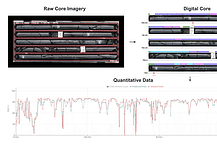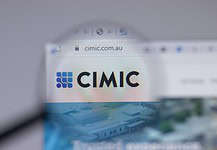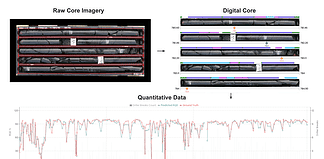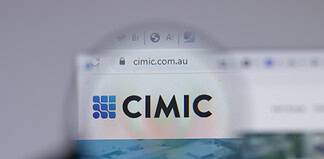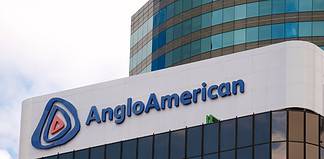Lithium Australia-Centrex MoU to grow domestic battery supply chain
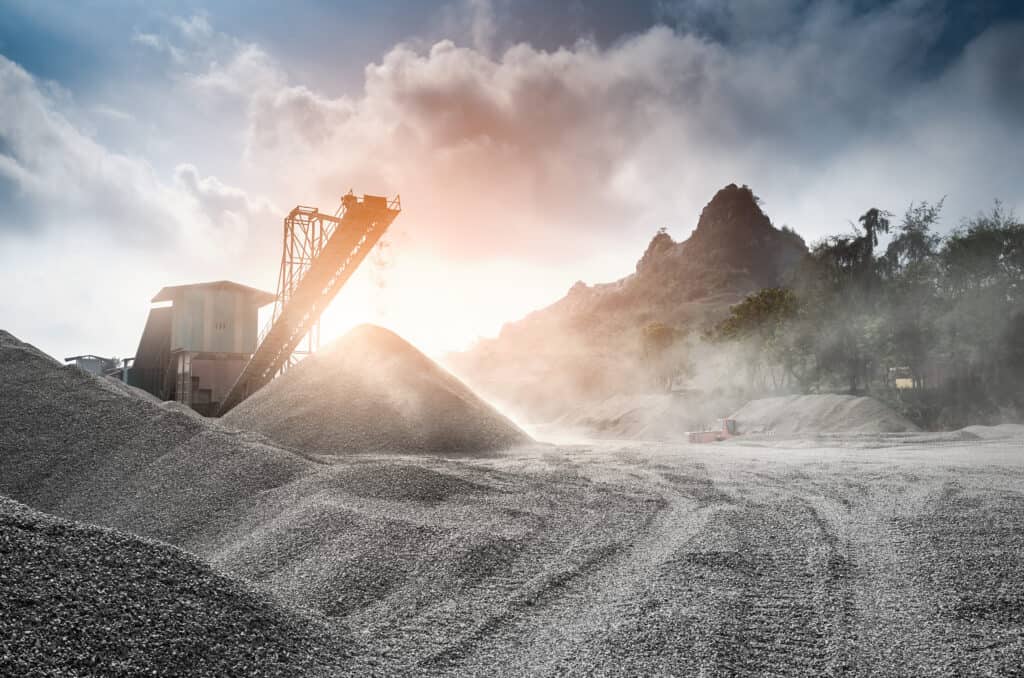
Lithium Australia Limited (ASX: LIT) has signed a 2-year Memorandum of Understanding (MoU) with Agriflex Pty Ltd, a wholly-owned subsidiary of leading phosphate concentrate producer Centrex Limited (ASX: CXM).
Centrex has been actively pursuing value-add opportunities for the Ardmore rock phosphate mine and this MoU represents a potential pathway for mine into the lithium ferro phosphate (LFP) battery market via the supply of phosphoric acid.
Lithium Australia has developed proprietary technology to produce cathode powders, including LFP and lithium manganese ferro phosphate (LMFP).
Under the MoU, Centrex envisages the construction of a Queensland demonstration plant of LFP or LMFP by Lithium Australia, with an estimated capacity of 250tpa of LFP or LMFP, requiring about 200-300tpa of phosphoric acid.
Centrex Limited chief executive and managing director Robert Mencel says Lithium Australia has developed significant know-how and expertise in the rapidly growing LFP battery market space.
“As China currently dominates the global battery supply chain, concerns about supply security have led to increasing investment being driven towards more reliable jurisdictions, such as Australia,” he said.
“With Australia’s significant lithium production base and the emerging global trend towards adopting LFP battery technology, the opportunity to establish an LFP battery operation in Australia is substantial.
“The [Federal] Government’s recent decision to include phosphorous on its Strategic Minerals List also underscores the emerging opportunity for a domestic LFP battery operation.”
Mr Mencel says the Ardmore phosphate mine has significant potential to capitalise on market verticals due to its high-grade phosphorous and low-impurity content.
“We believe Ardmore has a substantial competitive advantage relative to its peers both domestically and globally,” he said.
Following the successful operation of the demonstration plant and the pre-qualification of the cathode powders, Lithium Australia will seek to construct a commercial plant with an estimated capacity of about 25,000tpa LFP or LMFP, requiring about 20,000-25,000tpa of phosphoric acid.
Lithium Australia chief executive and managing director Simon Linge says the MoU is an exciting progression of the company’s commitment to commercialising the company’s LFP and LMFP technologies.
“LFP and LMFP based batteries continue to experience rapid adoption amongst EVs globally, with China’s current dominance of the global LFP battery supply chain driving many governments to implement policies to secure future access to critical minerals and seek diversification of supply chains,” he said.
“The MoU between Lithium Australia and Centrex highlights our commitment to building a battery supply chain domestically in Australia, which can provide global battery manufacturers an alternative supply source for LFP and LMFP.”


